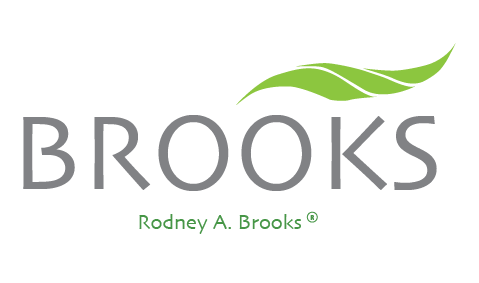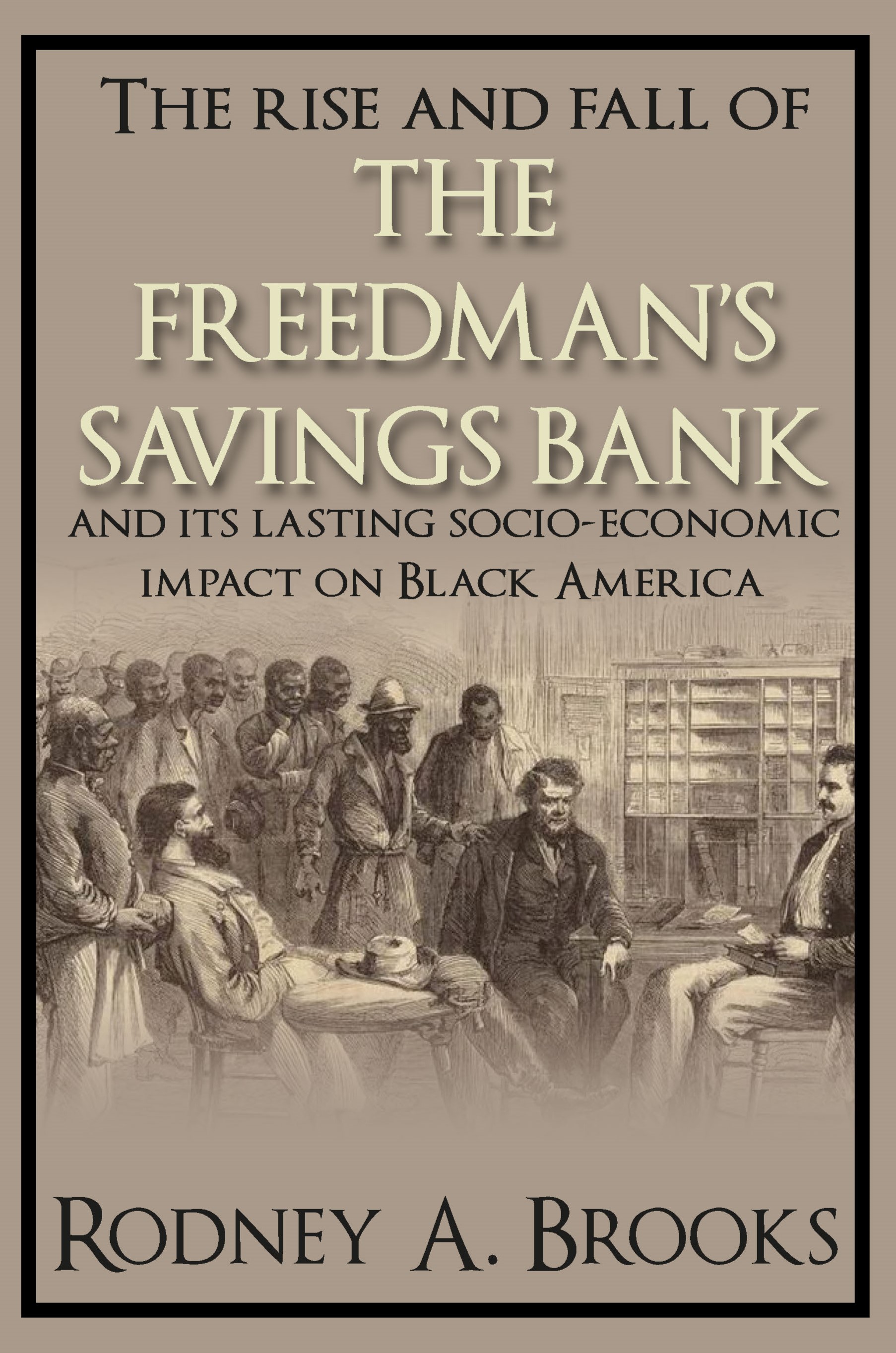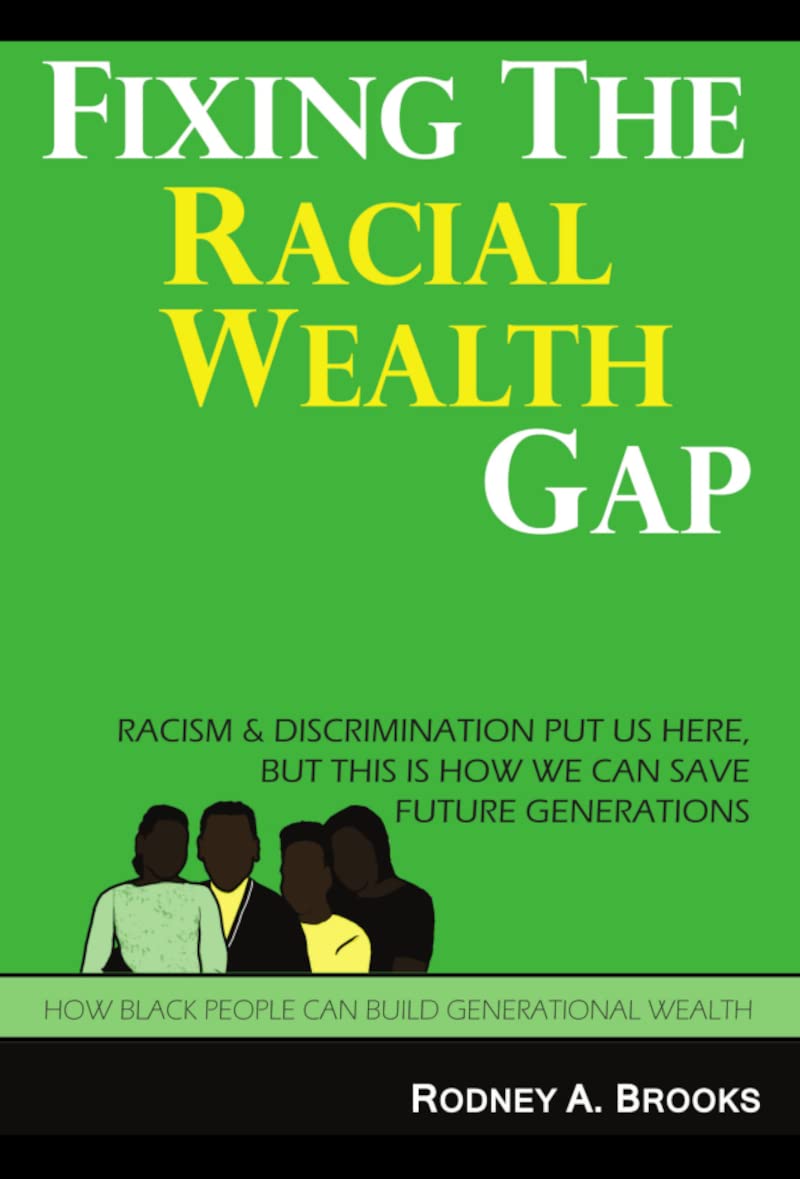Convert Your Traditional IRA to a Roth
The impact of the pandemic along with low tax rates makes 2021 an opportune time to convert a traditional individual retirement account into a Roth IRA. But a Roth IRA conversion may not be the right financial move for everyone.
A Roth IRA conversion makes sense when:
- Taxes are low.
- Your income is reduced.
- You have the money to pay the taxes that become due.
- You don't want to leave heirs a big tax bill.
With a traditional IRA, you don't pay taxes on the money you deposit, but withdrawals are taxed as ordinary income. With a Roth, you deposit money on which you've already paid taxes, so the money you withdraw in retirement is not taxable. A Roth IRA conversion means you pay tax on your savings in the year you move your money from the traditional retirement account to the Roth in order to set up tax-free income later in life. Your Roth distributions will eventually be a tax-free source of retirement income. If you convert to a Roth IRA in a year when you pay an unusually low tax rate, you can avoid getting hit with higher taxes when you take distributions in retirement.
Low Tax Rates
Historically low tax rates make 2021 a great time to convert your traditional IRA to a Roth account. "It's the best time in history to convert to a Roth," says Elijah Kovar, co-founder of Great Waters Financial in Minneapolis. "Between now and 2025, the last year of tax reform, taxes are on sale."
When you convert to a Roth IRA you pay the taxes now at your current tax rate so you don't have to pay a higher tax rate in retirement. You can also convert part of your retirement savings and maintain both pre- and post-tax retirement accounts. "A Roth conversion is arguably a powerful tax diversification tool for financial planning," says Matt Sadowsky, director of retirement and annuities at TD Ameritrade. "The current environment makes it even more attractive to those considering a Roth conversion as part of their financial plan."
Many people put money in a traditional IRA or 401(k), defer taxes and plan to take distributions in retirement while in a lower tax bracket, but not everyone pays a lower tax rate in retirement. "That is not true for anybody who has saved a significant amount of money," Kovar says. "Clients many times end up in a higher tax bracket. Between Social Security, pensions and required minimum distributions, people often remain in the same tax bracket they were in before they retired or are pushed into a higher one." If you need to take large withdrawals from a traditional retirement account in retirement, you could even be pushed into a higher tax bracket, which could have unexpected consequences. For example, Medicare beneficiaries could face higher premiums because Medicare premiums are based on your income.



 The author tells the history of the Freedman’s Savings Bank, how it grew much too quickly, why it failed and the impact on Black America. The Freedman’s Bank offered a safe depository for formerly enslaved people, expanded quickly and gained millions in deposits – mostly ranging from $5 to $50. But inexperience and corruption doomed it to failure, costing may of the small depositors their savings.
The author tells the history of the Freedman’s Savings Bank, how it grew much too quickly, why it failed and the impact on Black America. The Freedman’s Bank offered a safe depository for formerly enslaved people, expanded quickly and gained millions in deposits – mostly ranging from $5 to $50. But inexperience and corruption doomed it to failure, costing may of the small depositors their savings.



